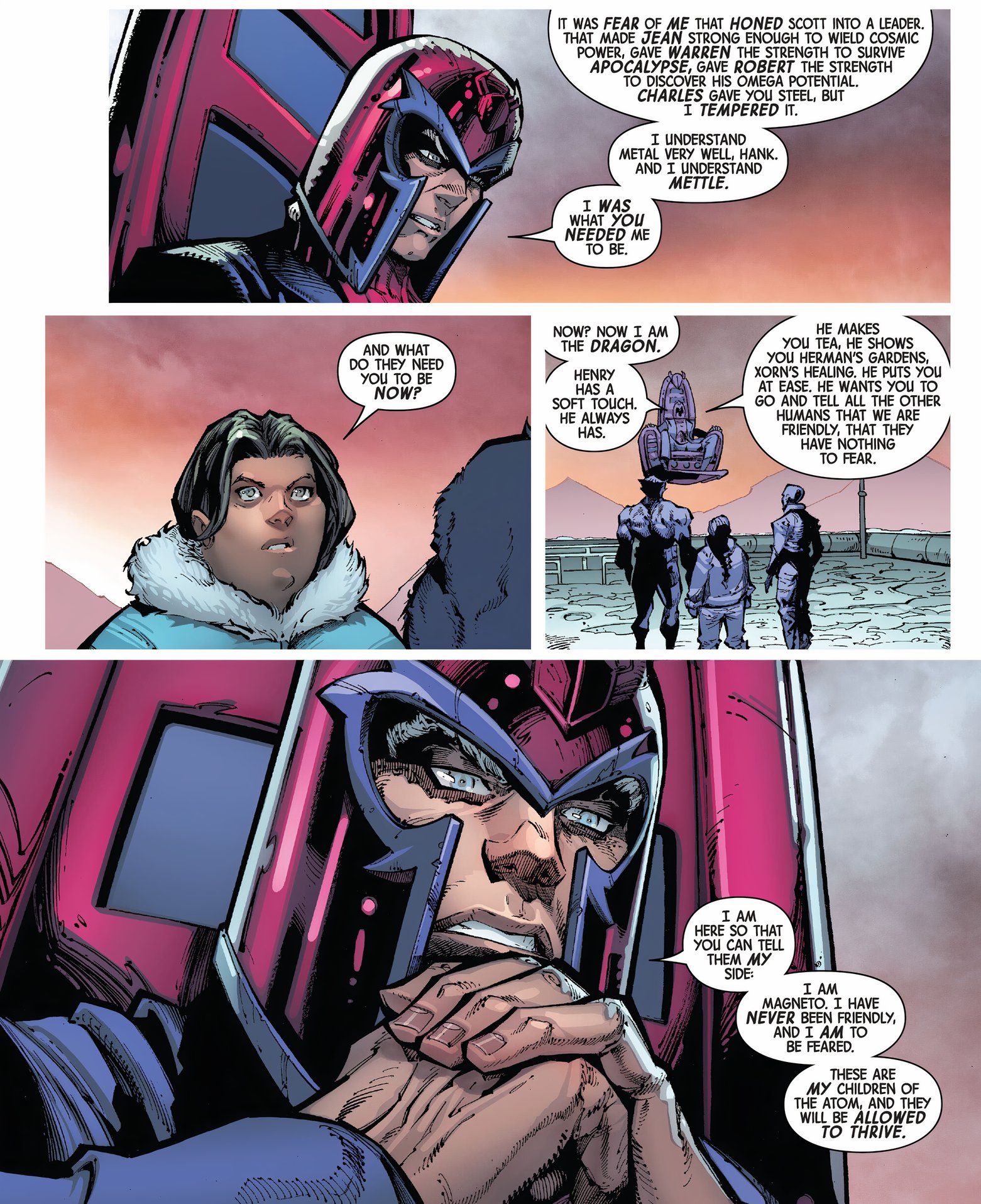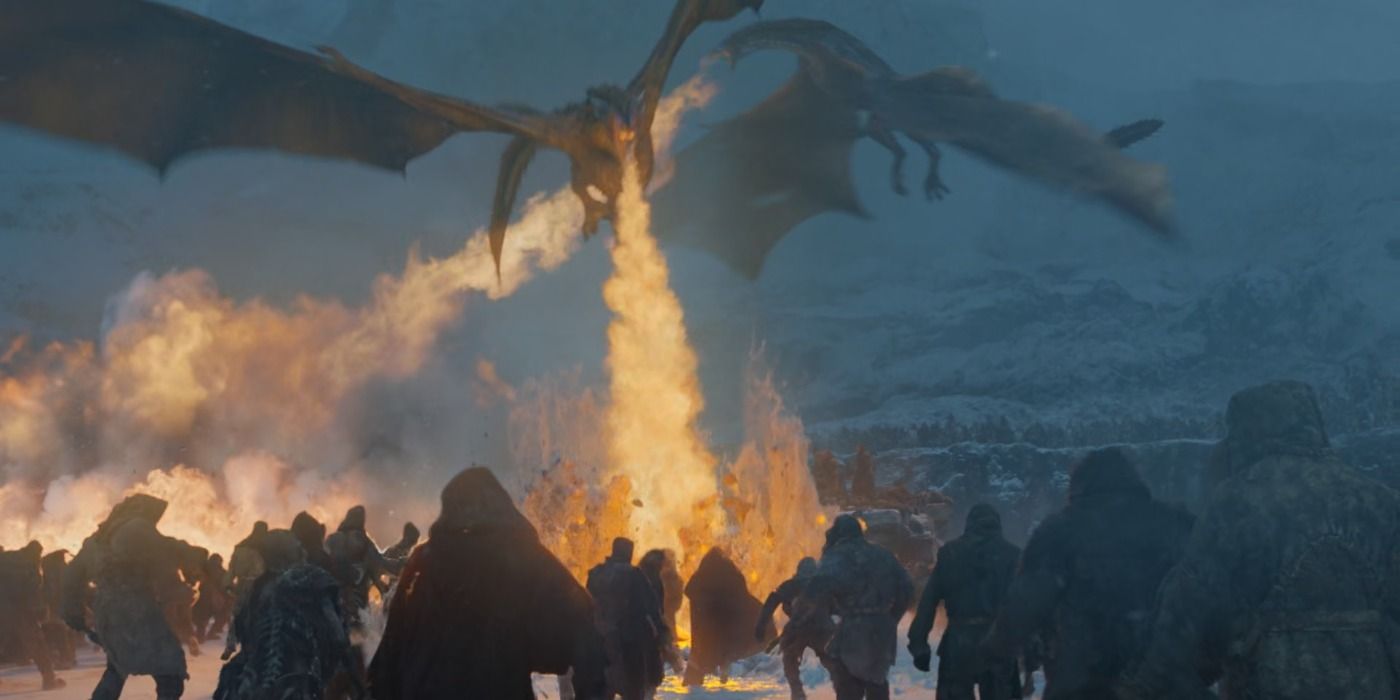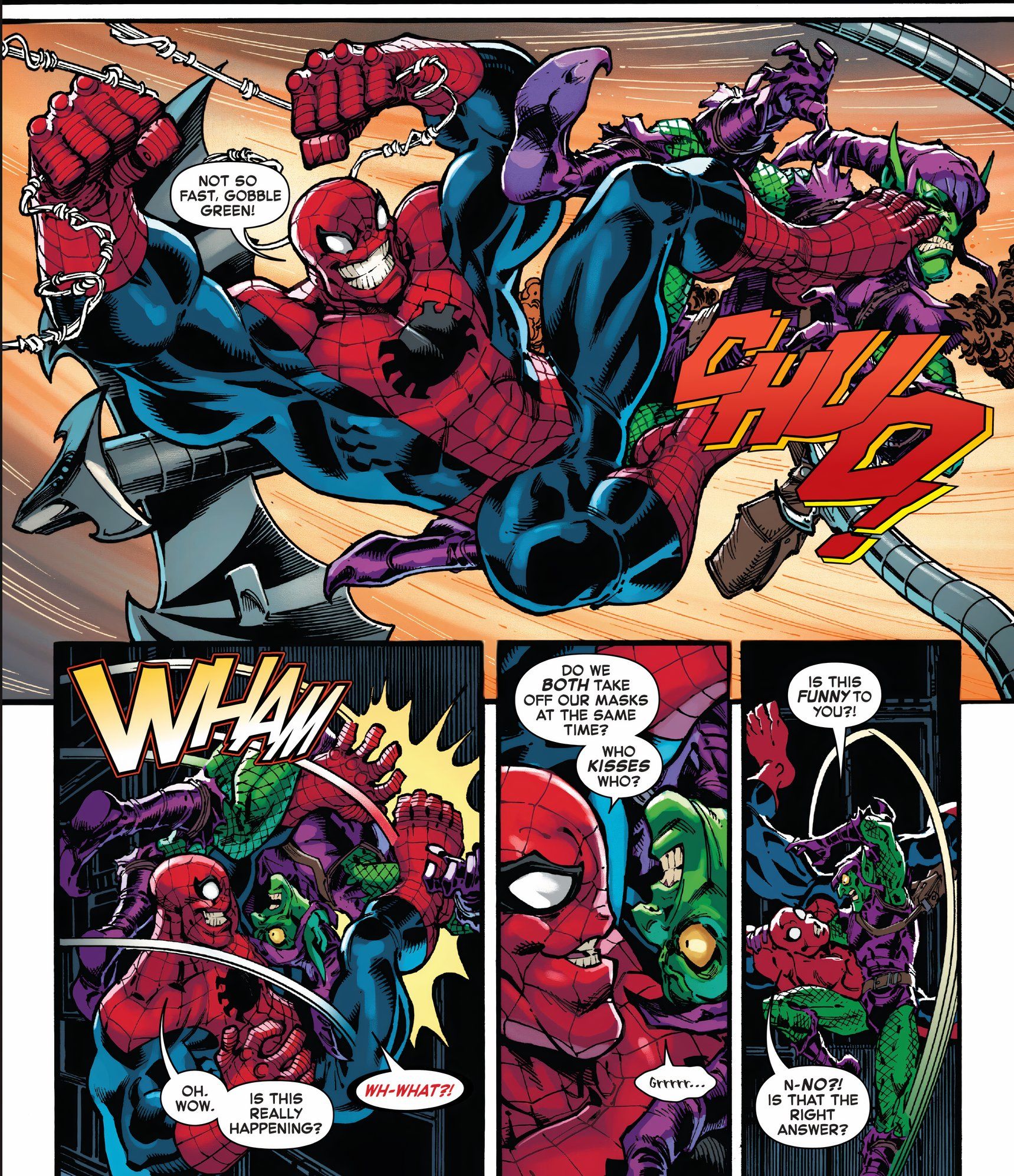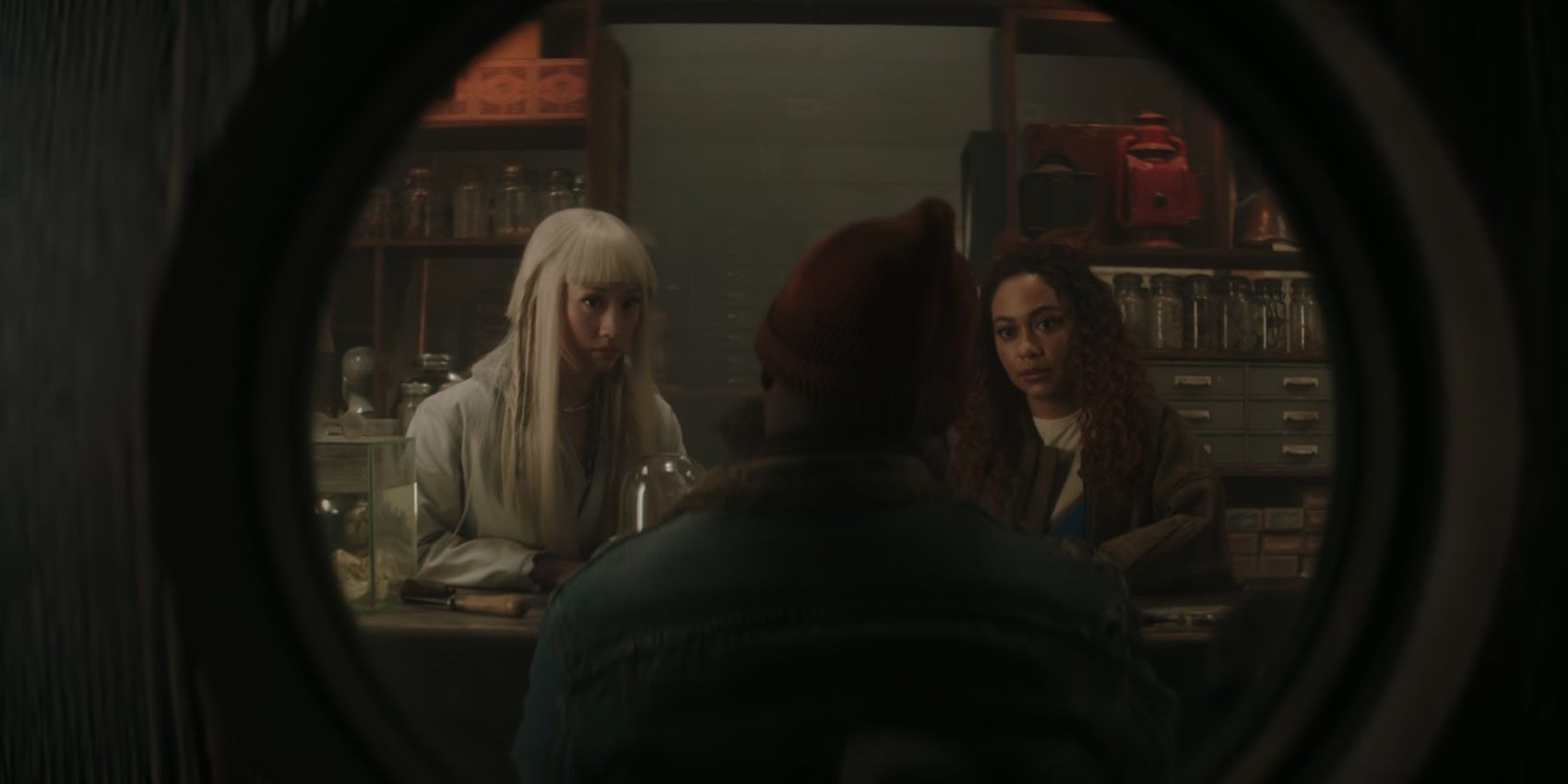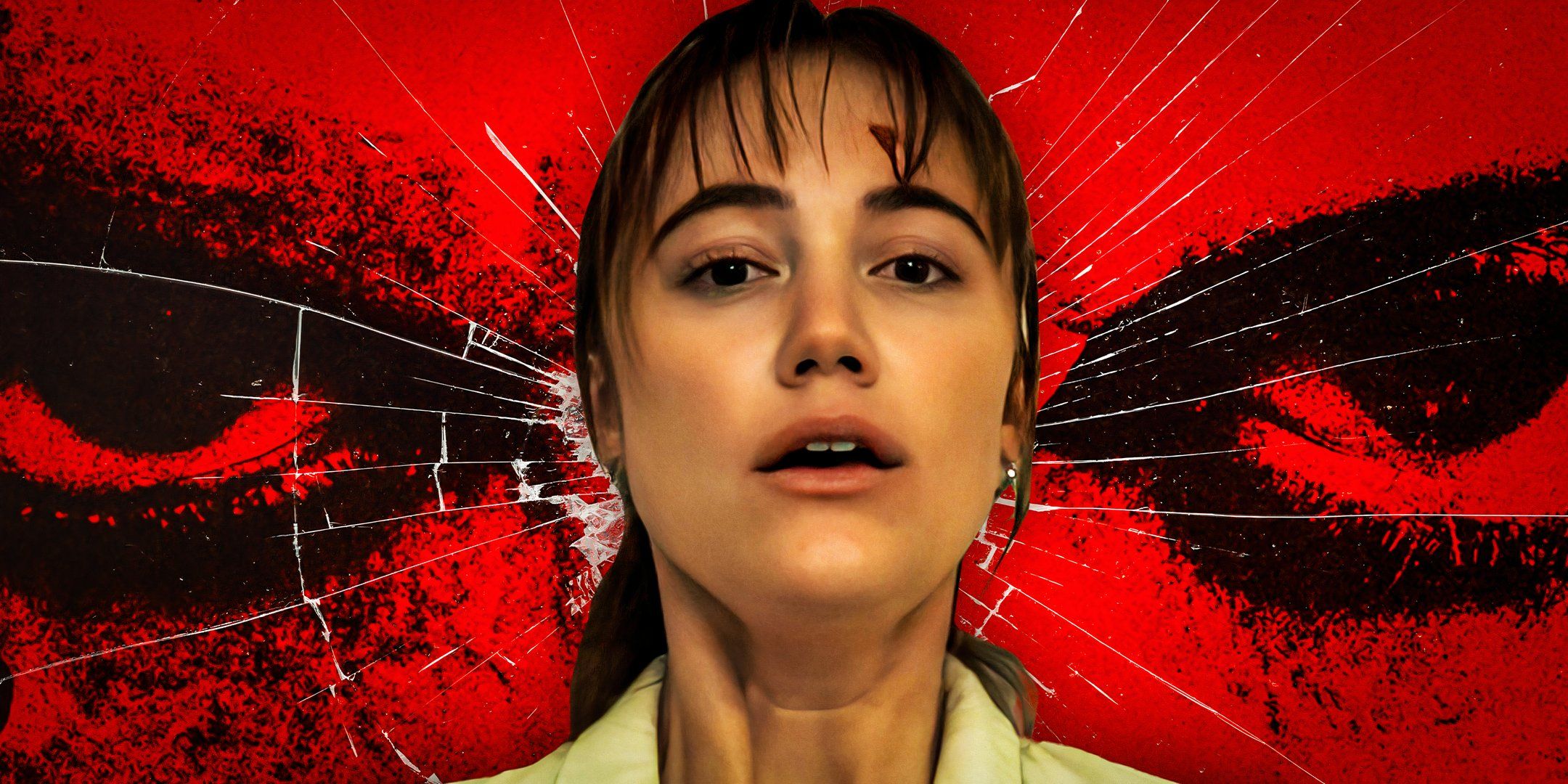Every year, movie fans everywhere are eager to find out which film will be named Best Picture at the Oscars. While this year in film will look quite different, there are still a lot of great movies that could compete for the top prize. Of course, the Best Picture winners don’t always reflect the film’s popularity with fans.
While recent winners like Parasite and Green Book now rank among IMDb’s top-rated films of all time, there are past Best Picture winners whose IMDb score shows a much more divided response. Despite being named the best of the year by the Academy Awards, the fans seem to disagree.
Shakespeare In Love (1998) – 7.1
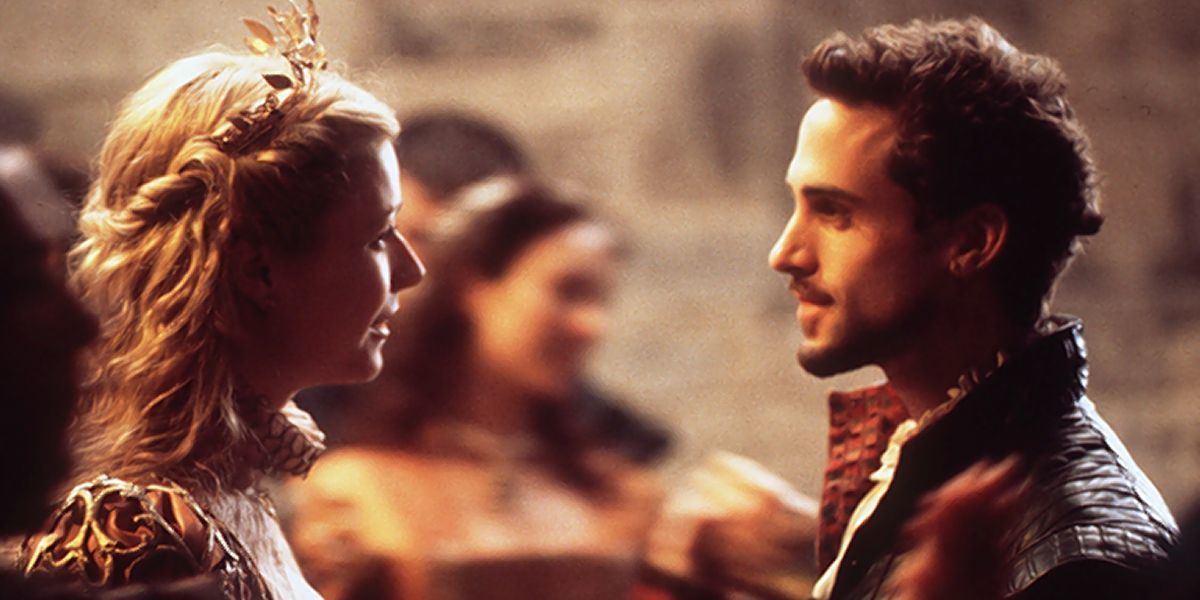
Period dramas have always been popular with the Oscars and Shakespeare in Love took advantage of that love with this charming love story. Joseph Fiennes stars as William Shakespeare, who is inspired to write Romeo & Juliet after falling in love with an ambitious young woman (Gwyneth Paltrow).
There’s a lot of fun to be had with this film, especially with its talented cast. Thing is, the movie is not much more than a basic rom-com with some fancy costumes and language strapped on it. To this day, people are still wondering how it managed to beat out Saving Private Ryan for the top prize.
Going My Way (1944) – 7.0
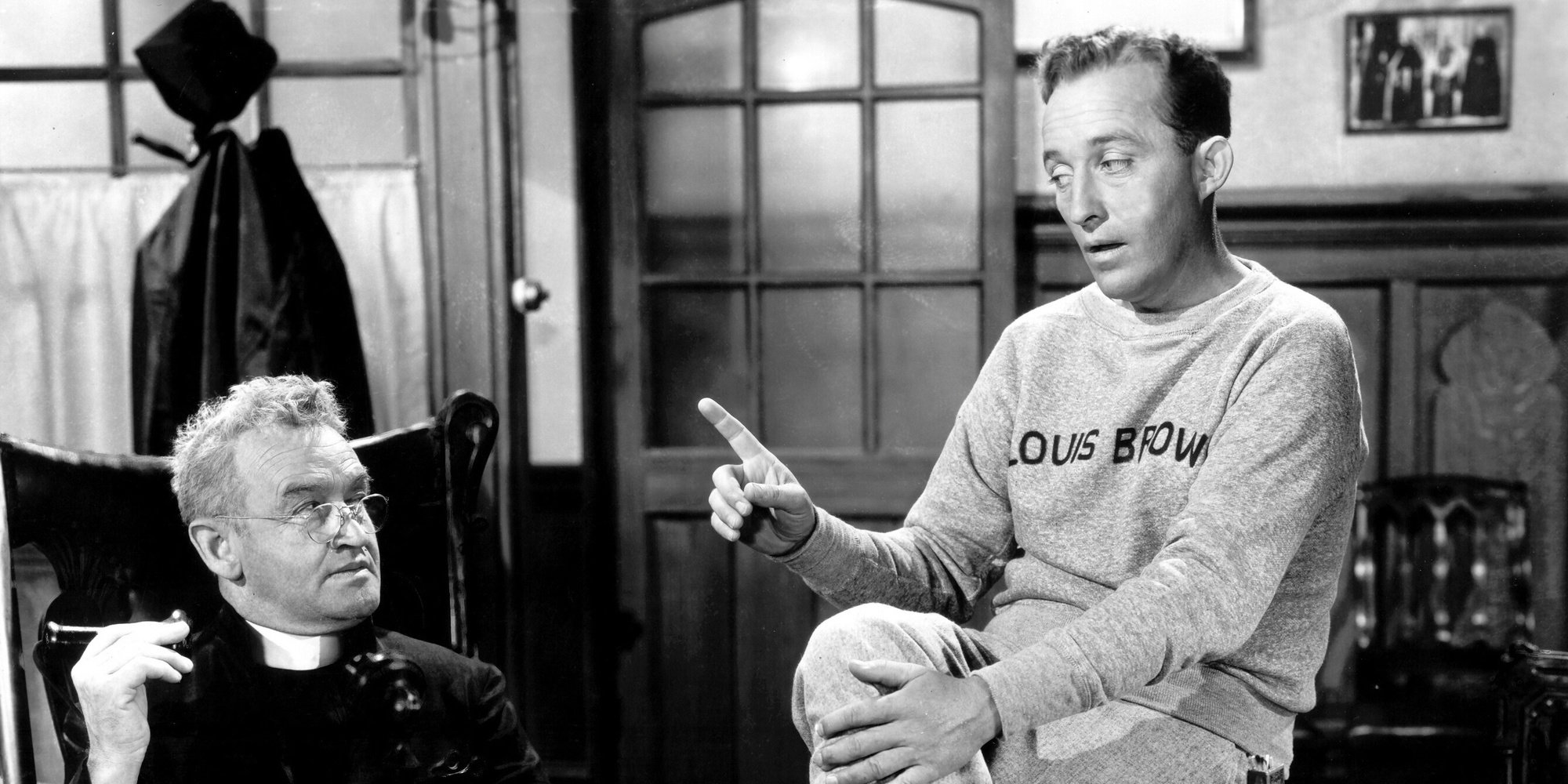
In the days when comedy musicals were big draws, Going My Way proved to be a big hit. The film stars Bing Crosby as a young priest joining a parish under the guidance of the senior priest (Barry Fitzgerald) who doesn’t think much of his new colleague.
The film was a huge winner at the Oscars that year, winning Best Actor, Supporting Actor, Director, and Screenplay alongside Best Picture. However, audiences don’t look back on this rather forgettable film quite as warmly, especially with classics like Double Indemnity released that same year. It odesn’t help that the more scathing comments of Going My Way describe it as a moralizing, sentimental bore.
Around The World In 80 Days (1956) – 6.8
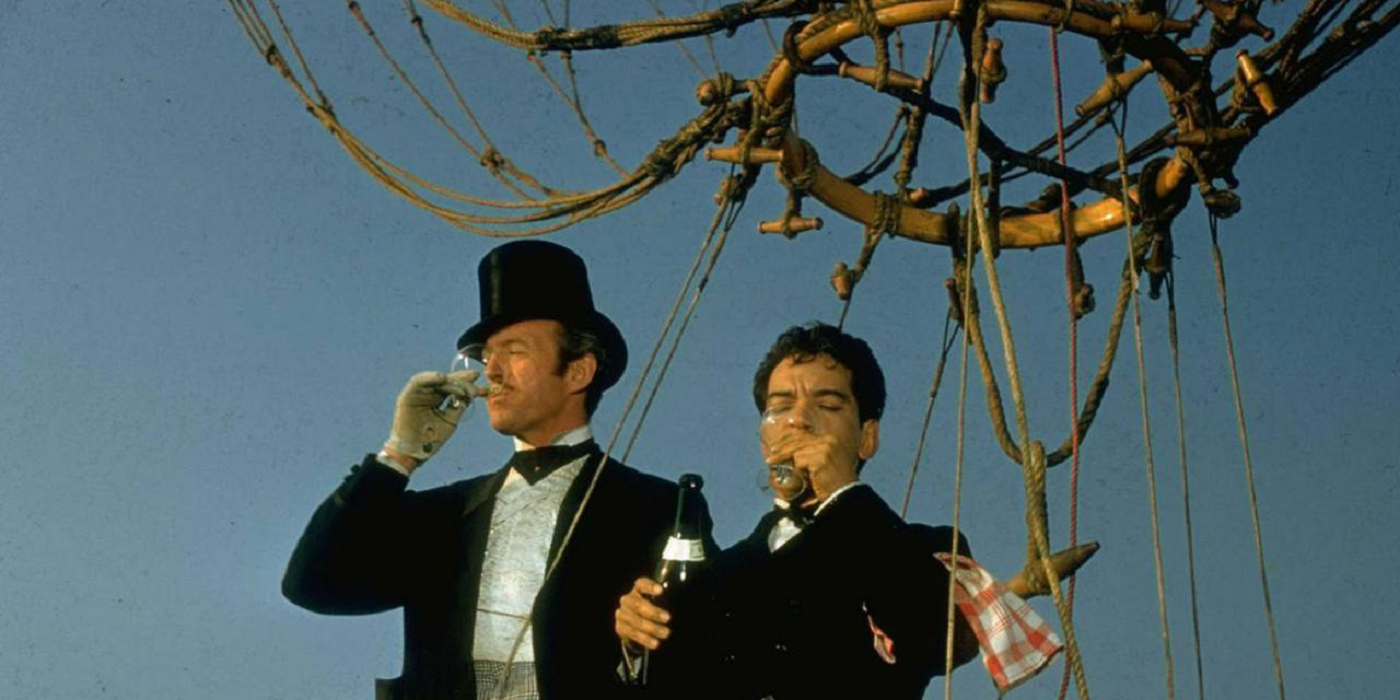
Sometimes, it seems like the spectacle and size of the movie rather than the story is more than enough to impress the Academy. This adaptation of the famed novel Around The World In 80 Days was certainly an ambitious film of its time. It follows the adventures of a high society man who accepts a bet to travel around the globe in just eighty days.
It’s not hard to see what the voters liked about the movie, as it is a grand adventure filled with famous faces. But with a pretty light script and a bunch of slapstick comedy that feels more childish and stupid than charming today, Around The World In 80 Days has not held up well as The Ten Commandments, which it beat out.
Gigi (1958) – 6.7
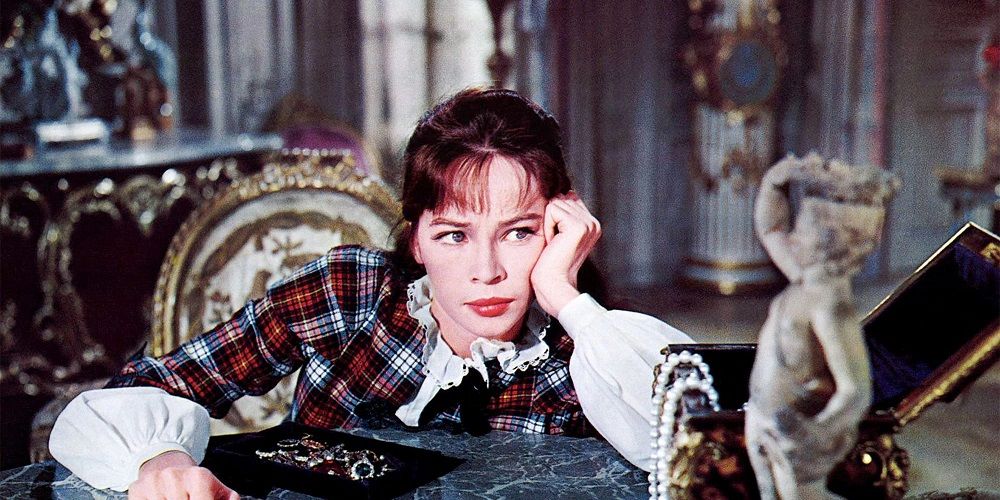
In the musical comedy Gigi, a young high society girl living in Paris dismisses usual convention and seeks fun. She develops a friendship with a fellow fun-loving playboy but the friendship soon begins to develop into something more.
Perhaps because of how familiar the story of Gigi is to modern audiences, there is little to get excited about with this standard film. It doesn’t help that the songs are not very memorable. That, and the fact that it won the top prize on the same year Alfred Hitchcock’s Vertigo was released is just hard to imagine.
The Great Ziegfeld (1936) – 6.7
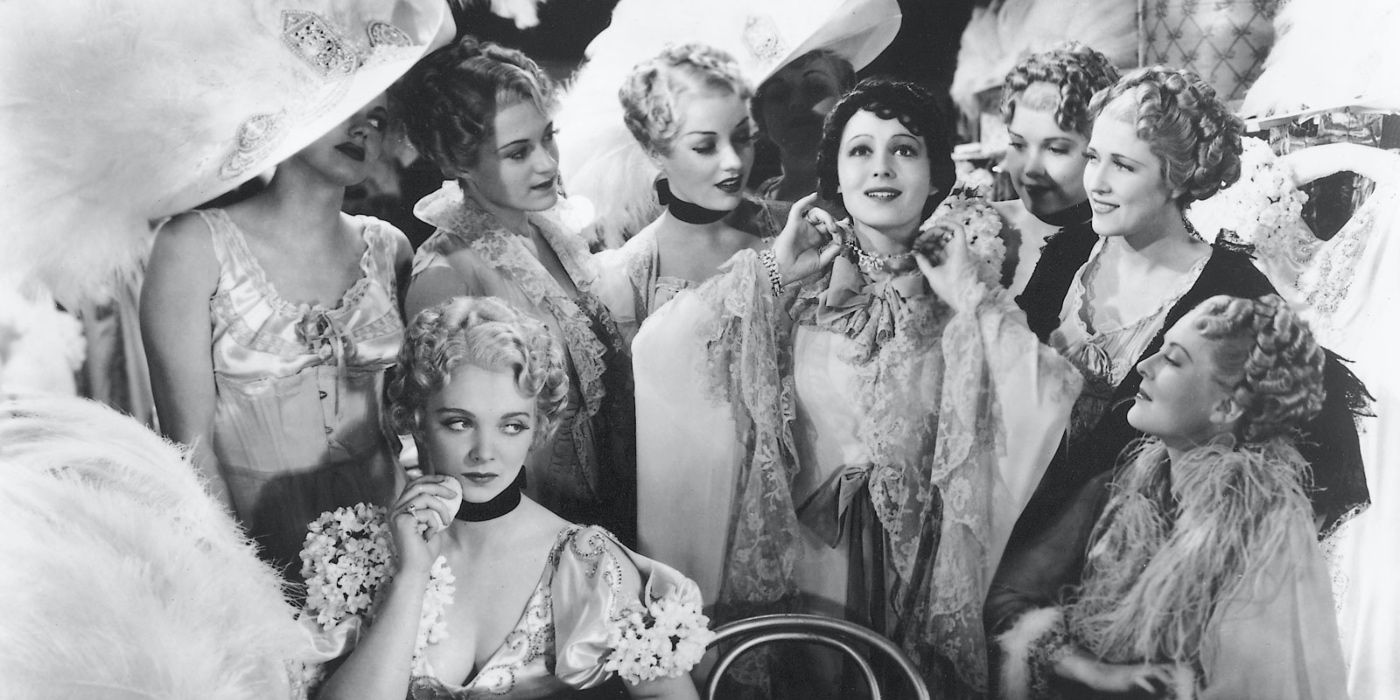
The Great Ziegfeld is the kind of cautionary show business story that Hollywood seems to love. The film tells the journey of Florenz Ziegfeld Jr., famed producer of extravagant stage shows. As his business grows, audiences start to see his morals slip away with the shows he is willing to put on, as he starts to put profit and ego above all else.
William Powell’s lead performance is a lot of fun, but there’s not a lot more to grip modern audiences. This is another story they have seen done many times before and after it. With Charlie Chaplin’s Modern Times out the same year, this Best Picture winner seems even less impressive. To its credit, The Great Ziegfeld was a predecessor of films that refined and perfected its familiar formula.
The Greatest Show On Earth (1952) – 6.6
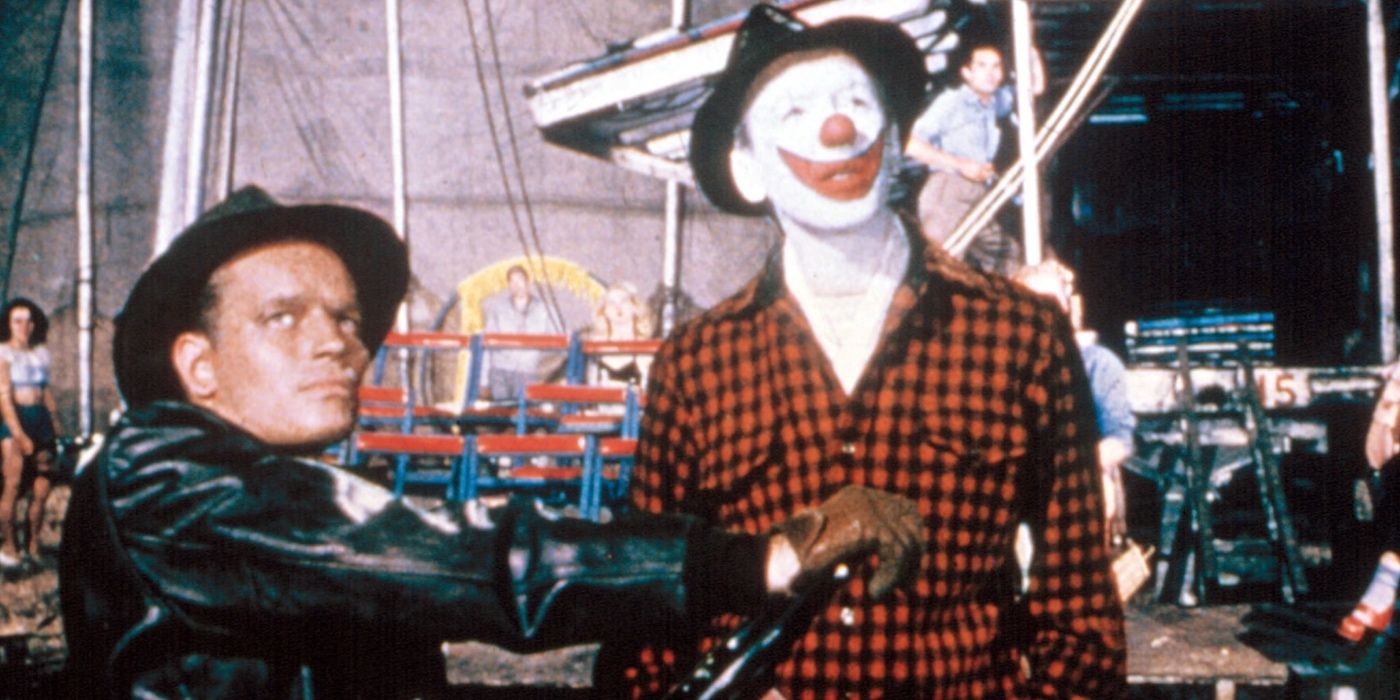
Like The Great Ziegfeld before it, The Greatest Show on Earth is a story about show business as it follows a the behind the scenes life of performers in a circus. The clown, trapeze artist, and animal trainer all work hard to pull off a spectacular show.
Despite coming from the great spectacle filmmaker Cecil B. DeMille, this circus movie hasn’t stood the test of time. The way the action outweighs the story could have something to do with it, or the simple fact that circuses are no longer as relevant as they once were. The film still managed to beat out High Noon, though, which is its only accomplishment worth noting.
Tom Jones (1963) – 6.5
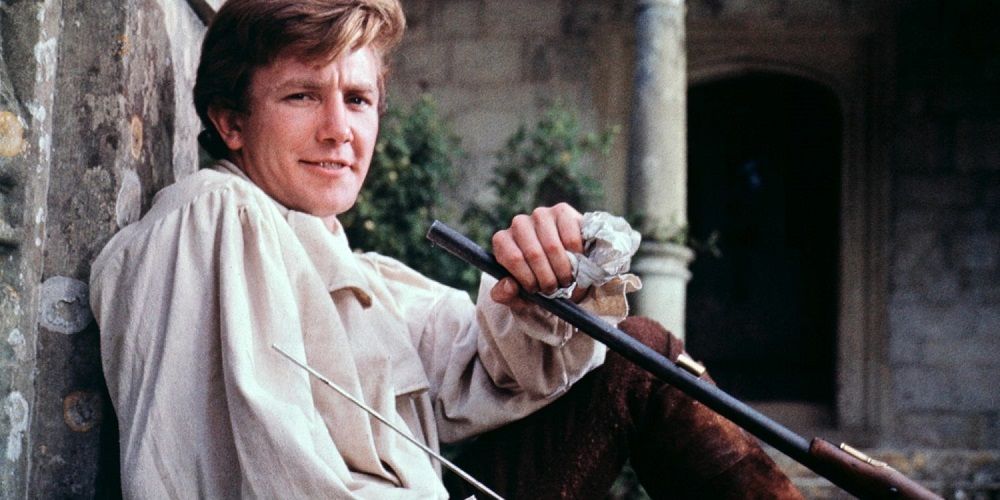
Tom Jones is yet another period drama, although this one is far more “proper” than some of the films in the genre to come before it. Albert Finney stars as the titular character, an 18th century Englishman who spends most of his time chasing women.
Despite winning Best Picture, most of those involved with the film were dissatisfied. The director lamented that it feels like an incomplete film and it’s true that the loose, unwieldy narrative might not work for everyone. The title is also more synonymous with the famous pop singer rather than this chore of a film.
Cimarron (1931) – 5.9
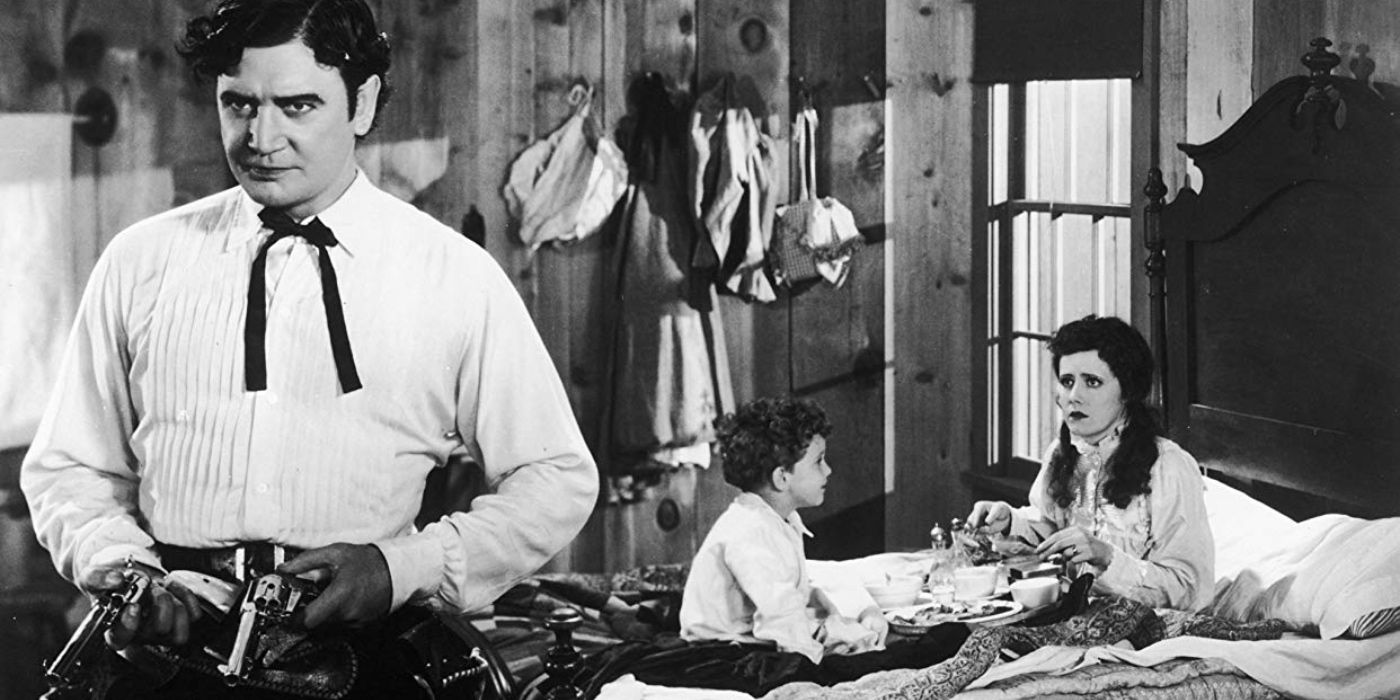
Though Western films are not as much in fashion now, there was a time when they were Hollywood’s biggest genre. Cimarron seemed to benefit from that now bygone popularity, scoring a Best Picture win for this adventure about the 19th-century land rush.
It’s easy to see how modern audiences could be bored with the family drama of this film as compared to something like the original Frankenstein, released that same year. Cimarron is a plain-looking film that barely stays with you once the credits roll.
Cavalcade (1933) – 5.8
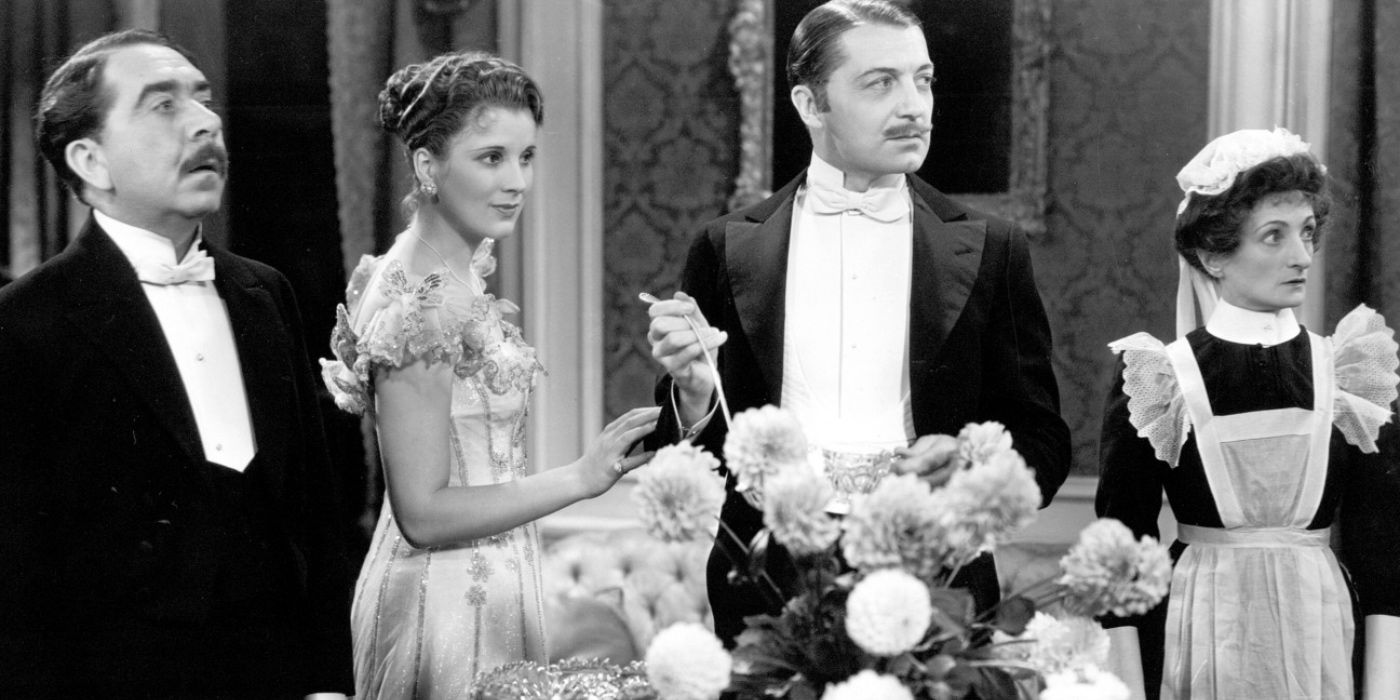
Cavalcade is the kind of big, romantic war film that Hollywood used to fawn over. It is the story of two separate English families who struggle in various ways during the First World War, which in itself isn’t bad. Unfortunately, the film is now an example of how sensibilities have changed over the decades.
What might have been an engaging and thoughtful story in the 1930’s now lacks any excitement. Worsening matters is how it draws questionable conclusions about certain people and social changes (ex. jazz music, same-sex relationships, etc.), which are shown in the negative. With the masterpiece and cultural icon King Kong also released in 1933, Cavalcade‘s lasting impact is lacking.
The Broadway Melody (1929) – 5.7
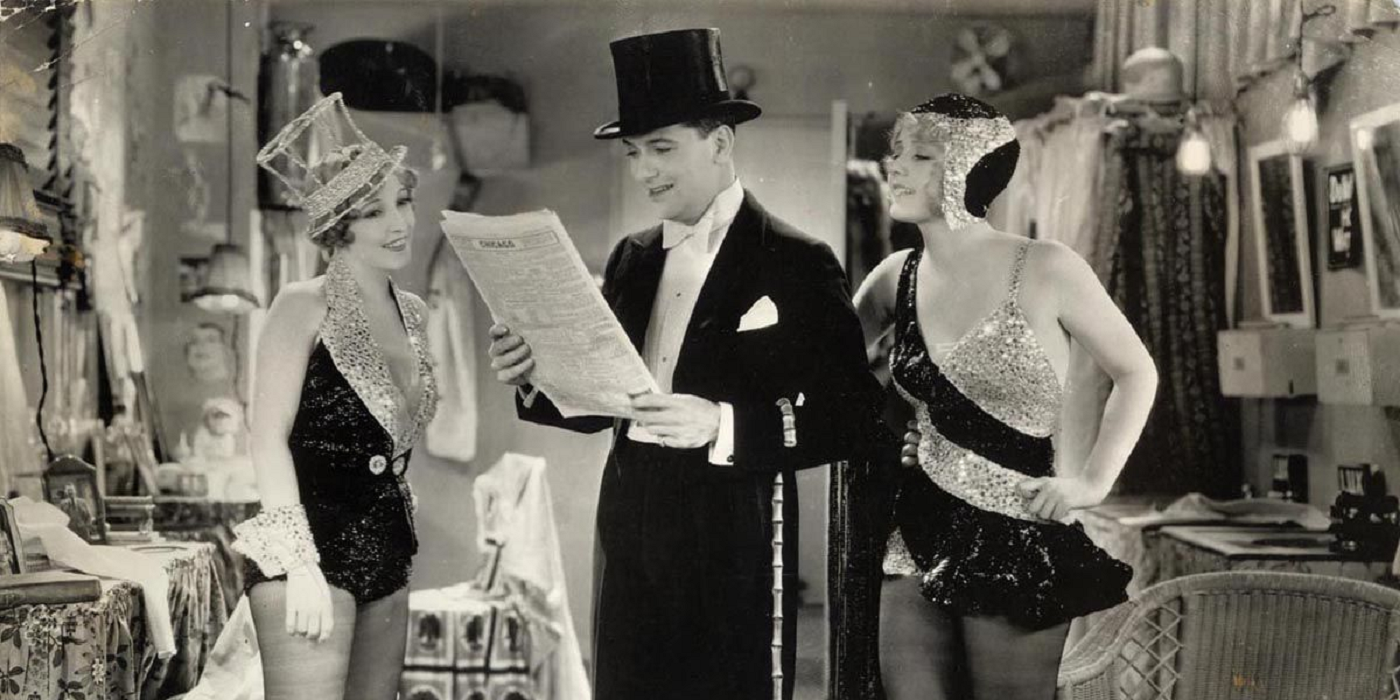
While it can be hard for a film that is nearly a century old to resonate with audiences of the 21st century, there are plenty of movies from the 1920’s that have stood the test of time. However, The Broadway Melody is certainly not one of them,
It’s hard to say if the film about two feuding sisters trying to make it in showbusiness would have seemed fresh at the time, but now it is beyond dull. Despite a fun opening sequence, the film is one that has been forgotten in history despite its award-winning status. Only film historians are even aware of The Broadway Melody’s existence.
